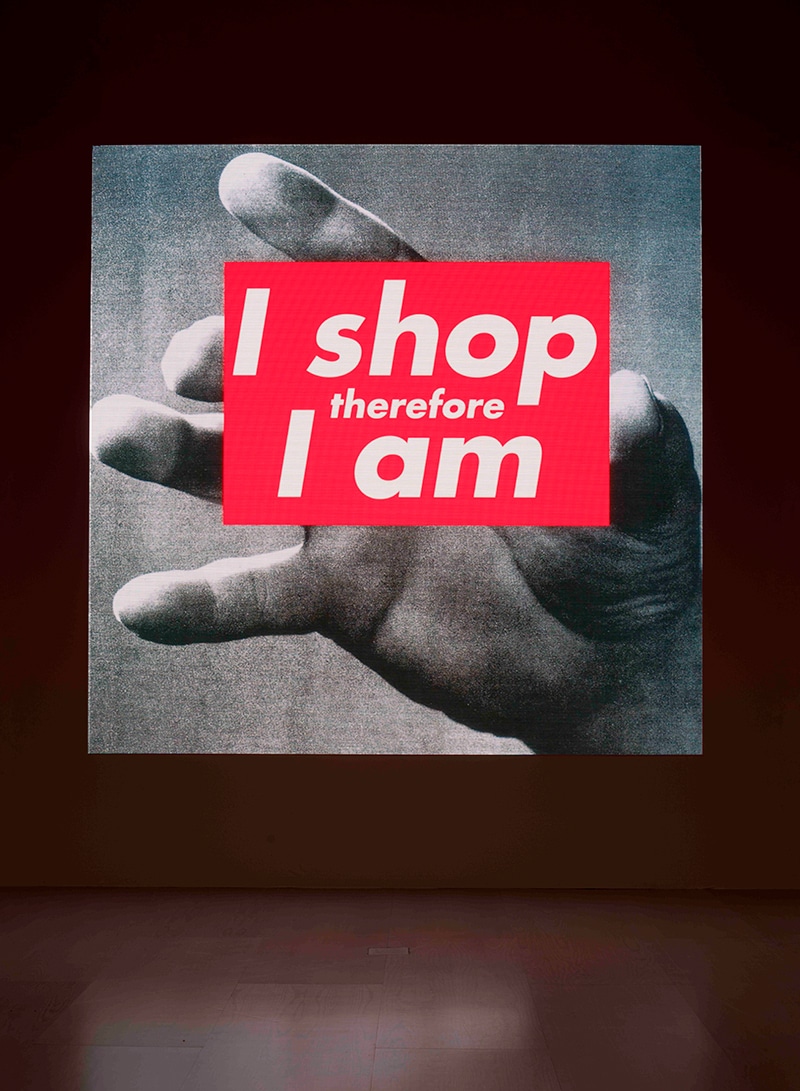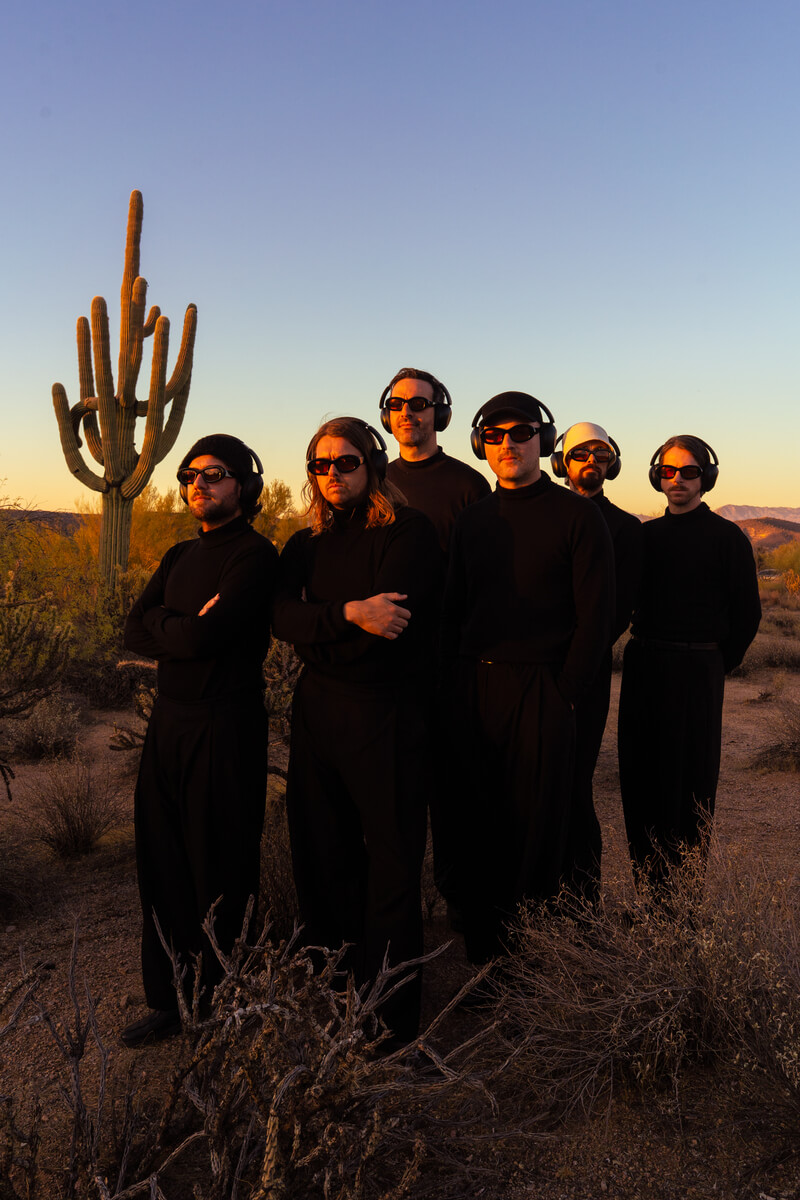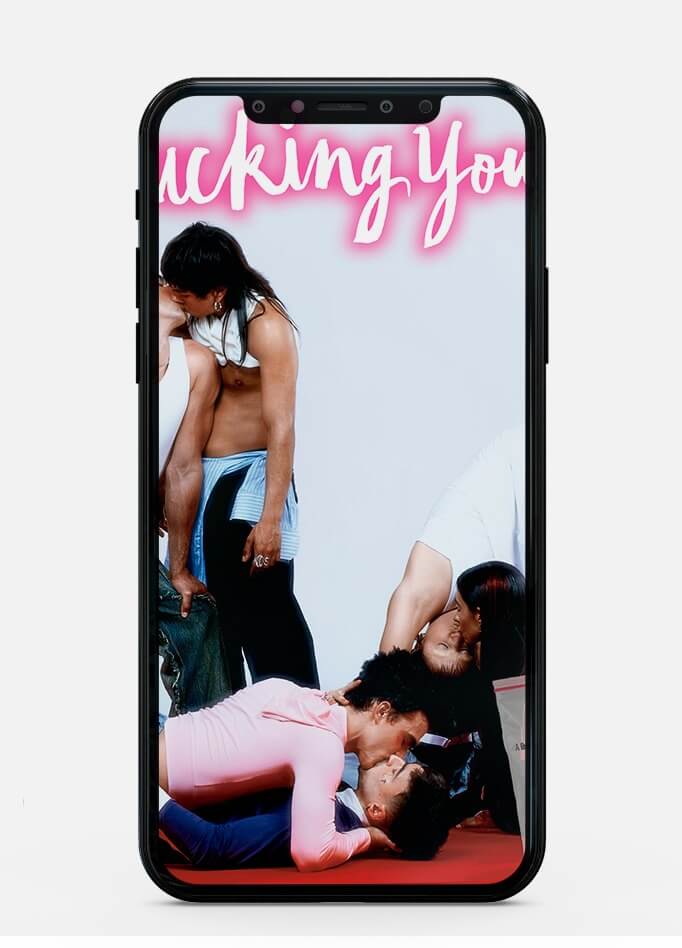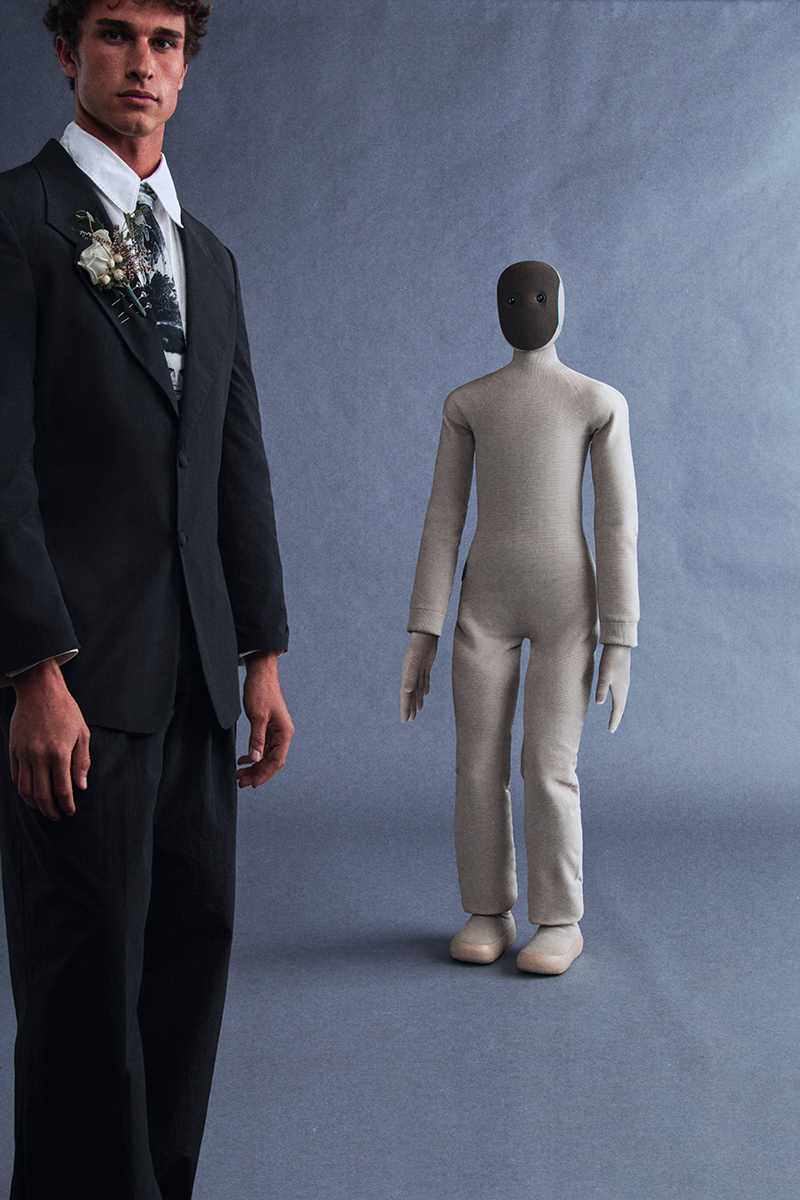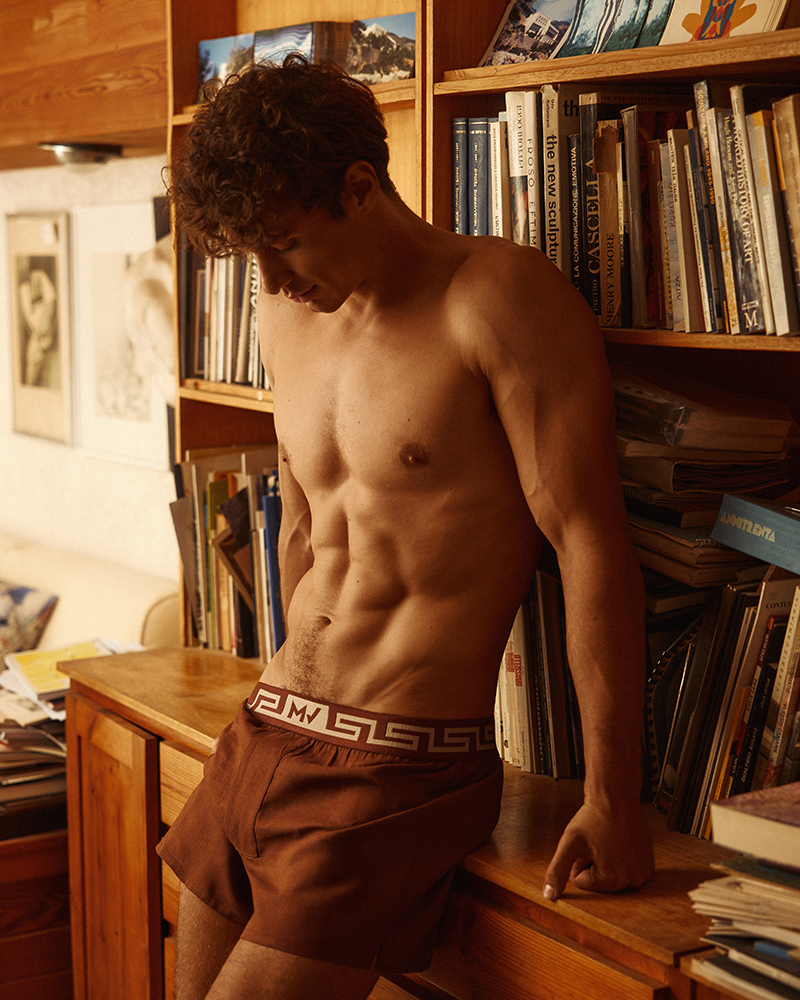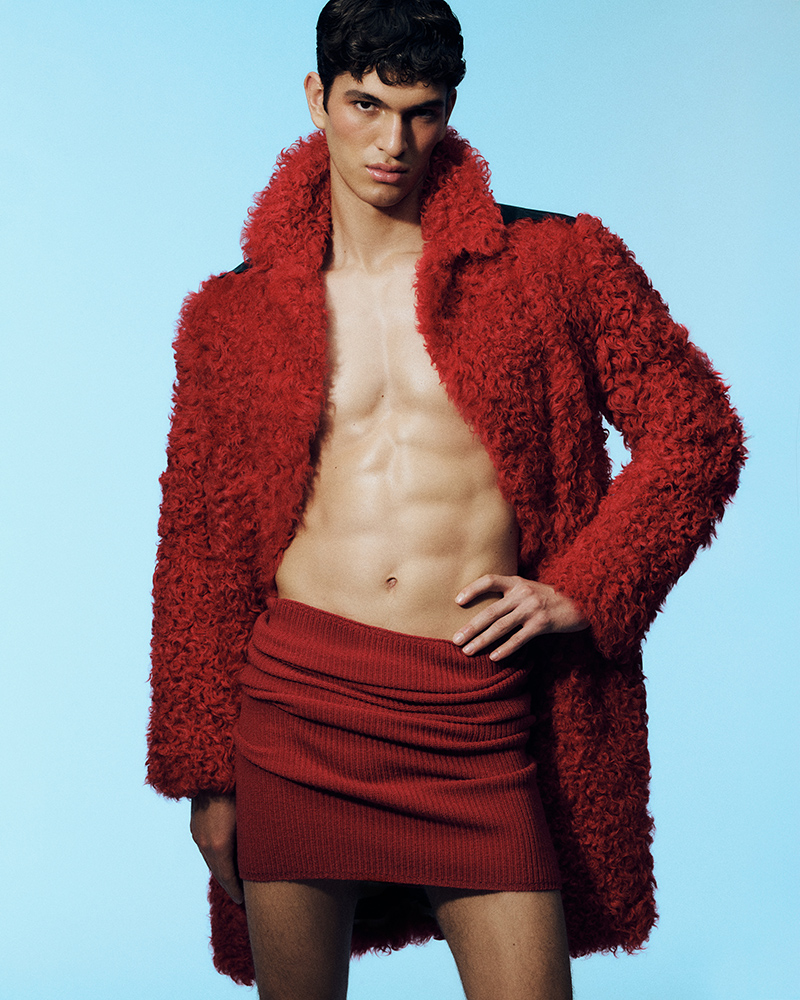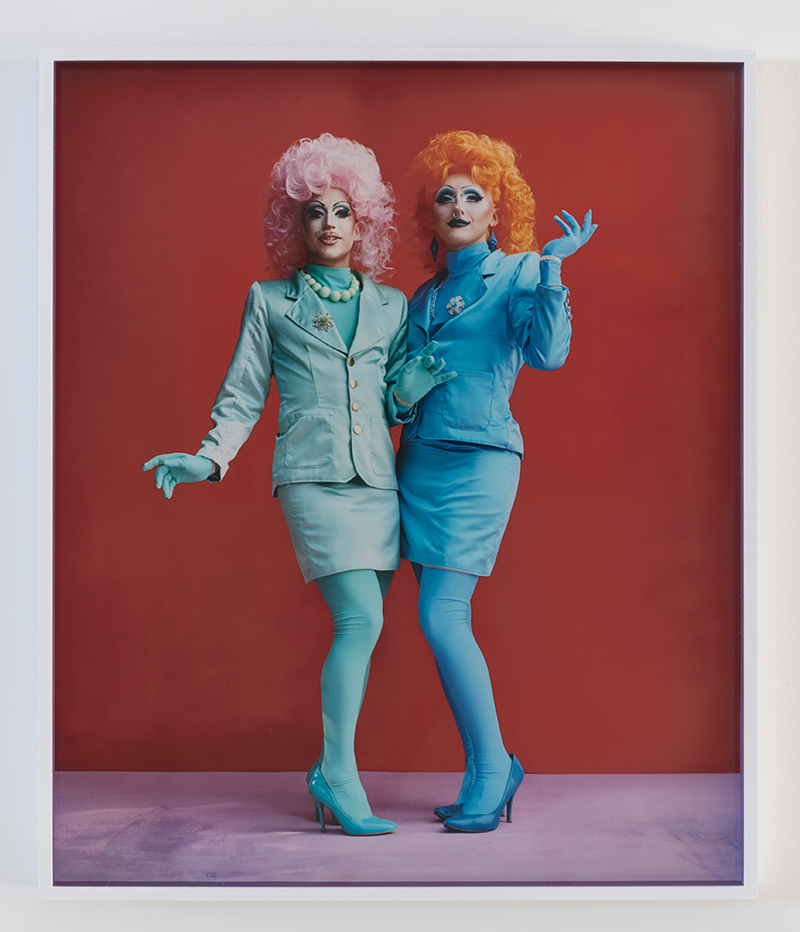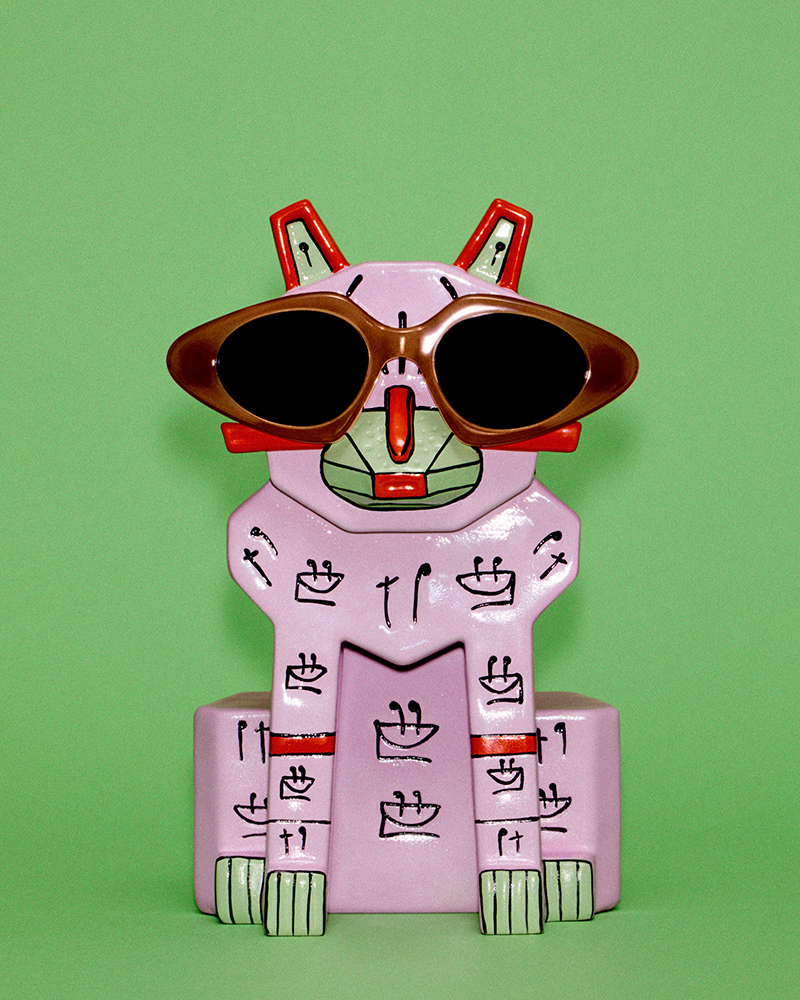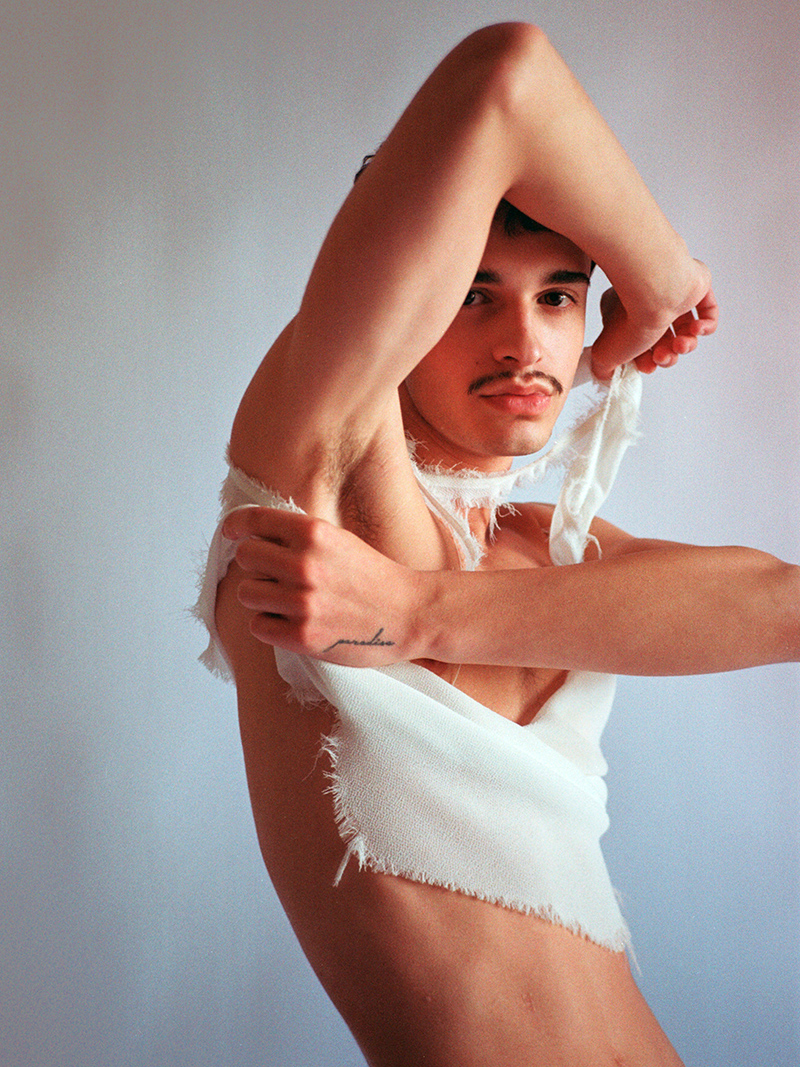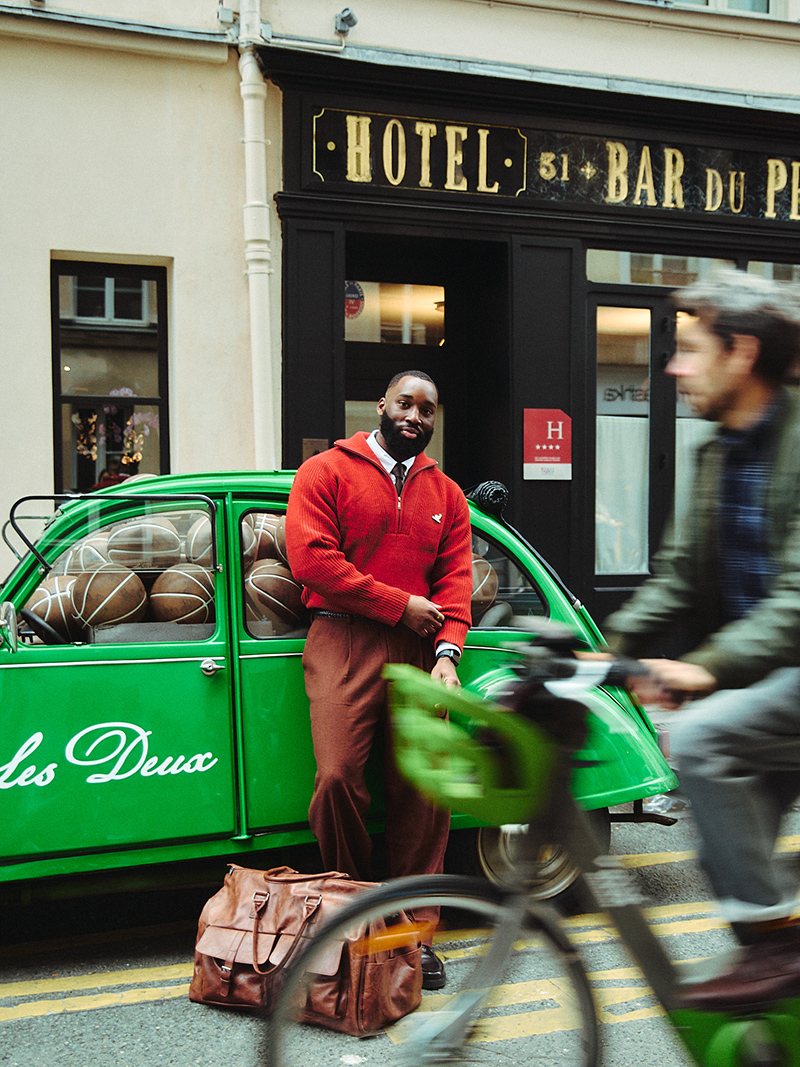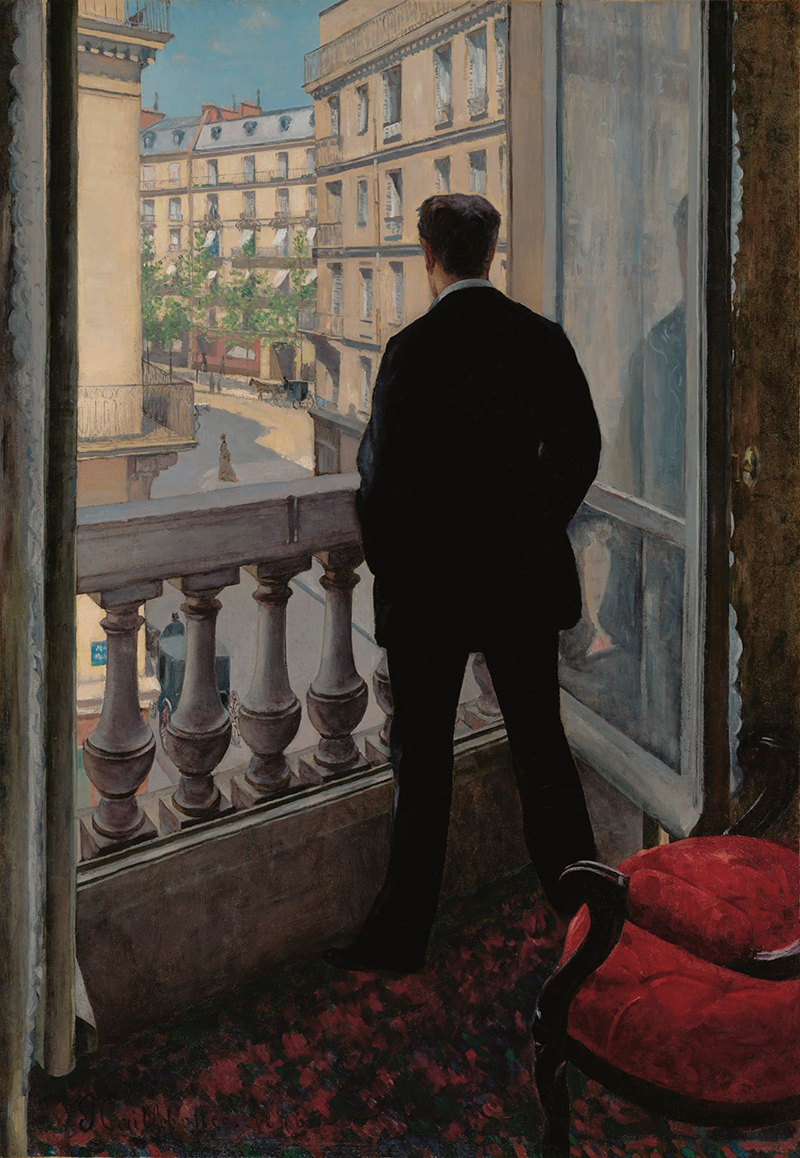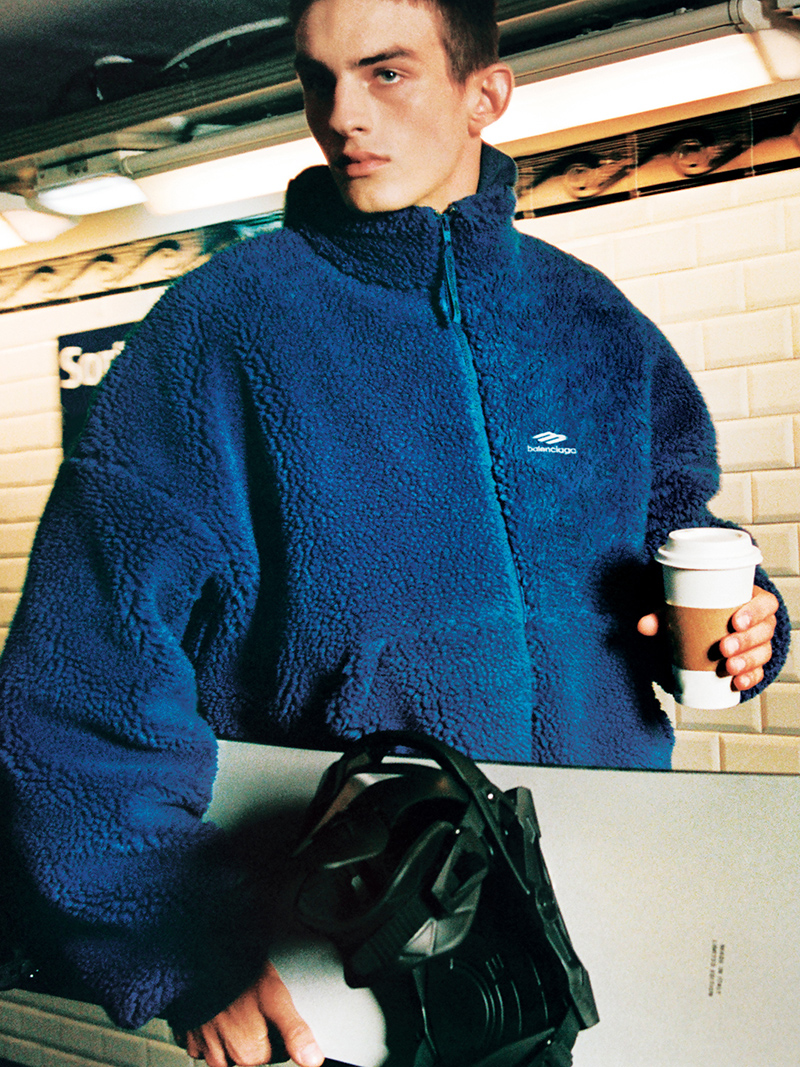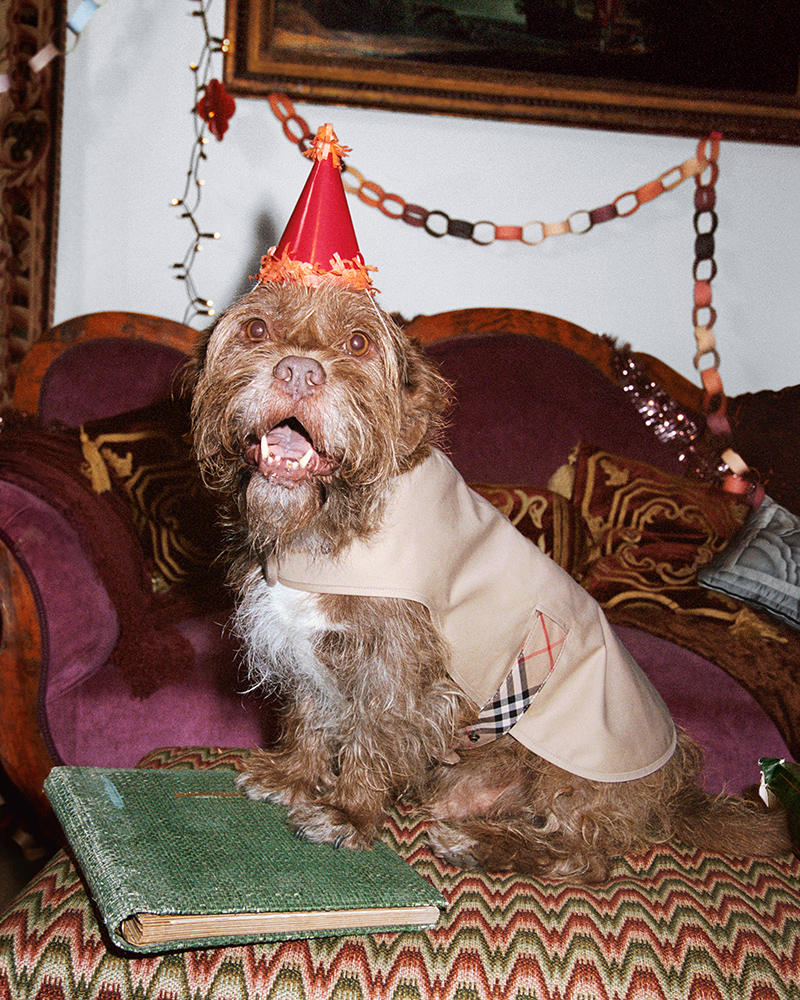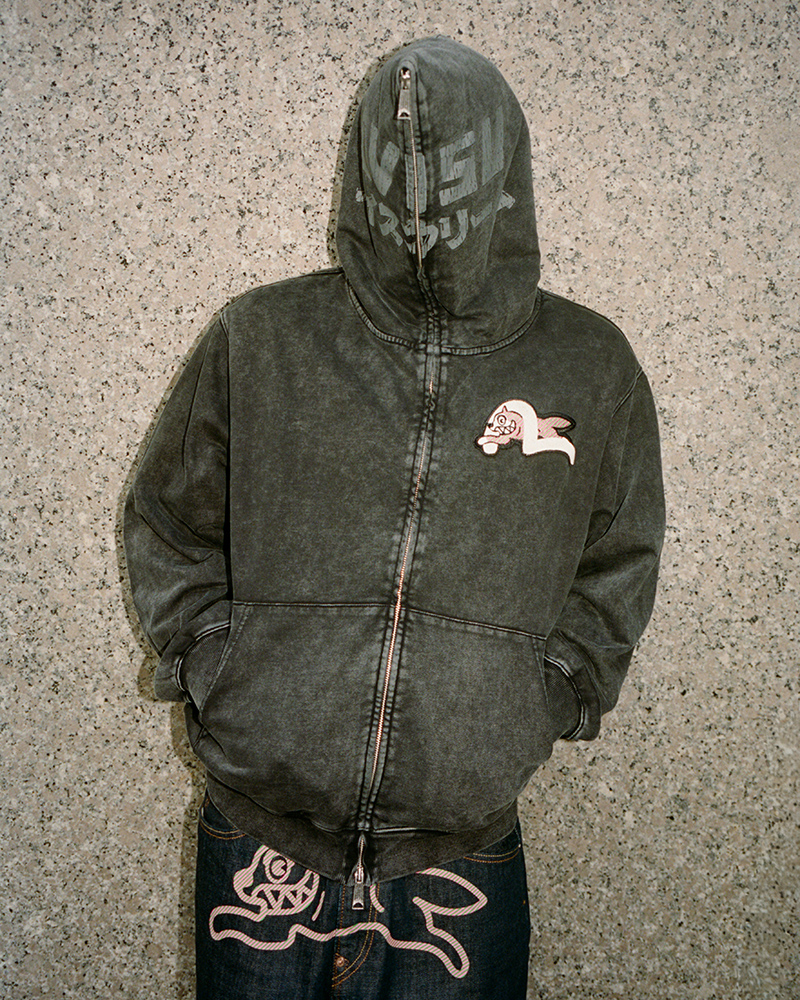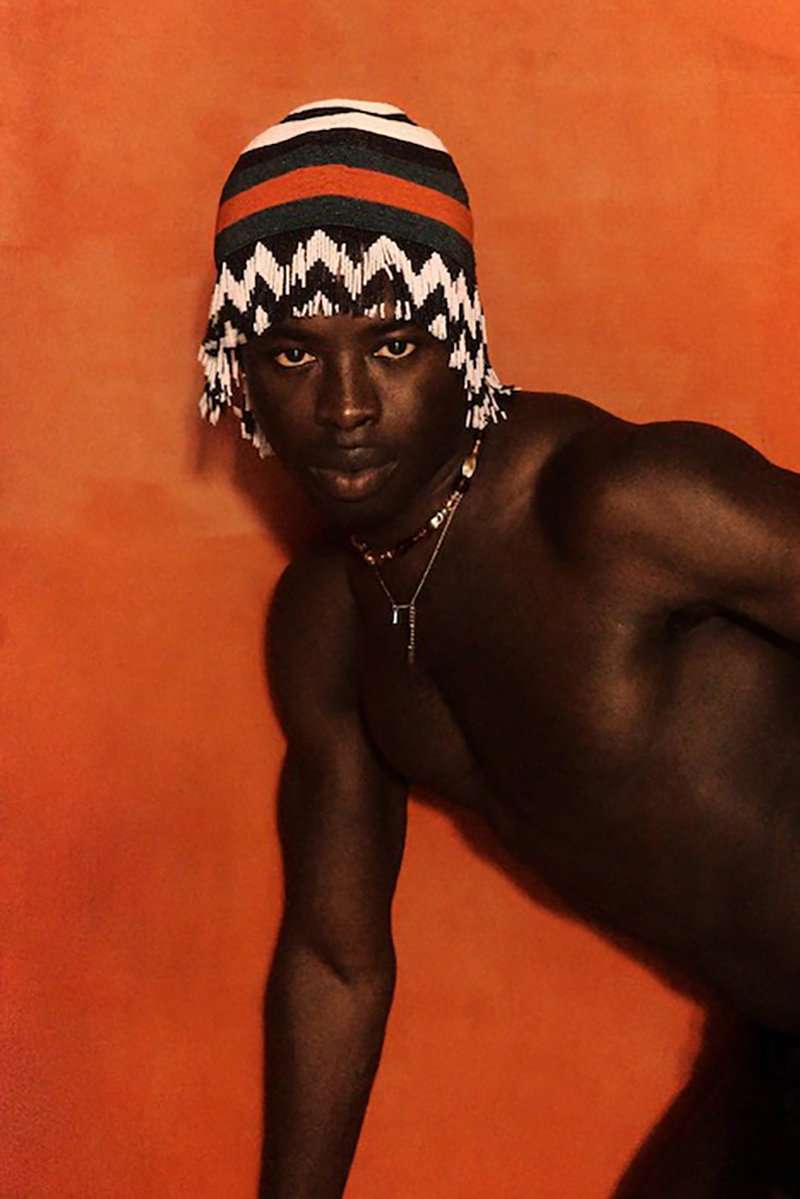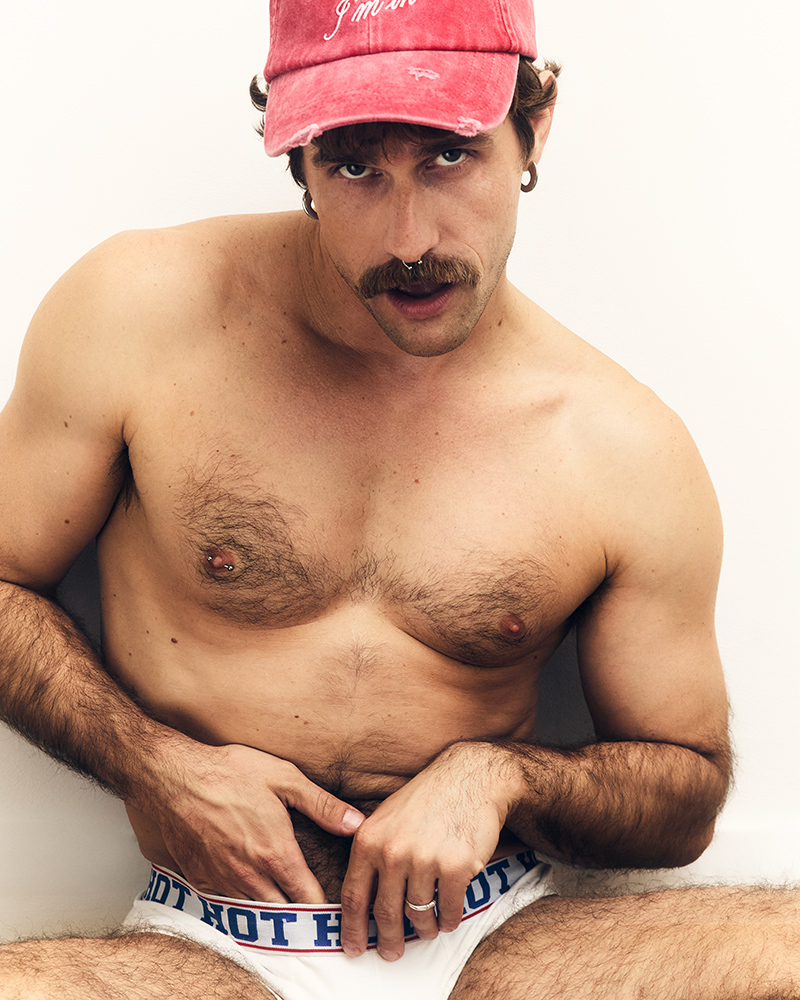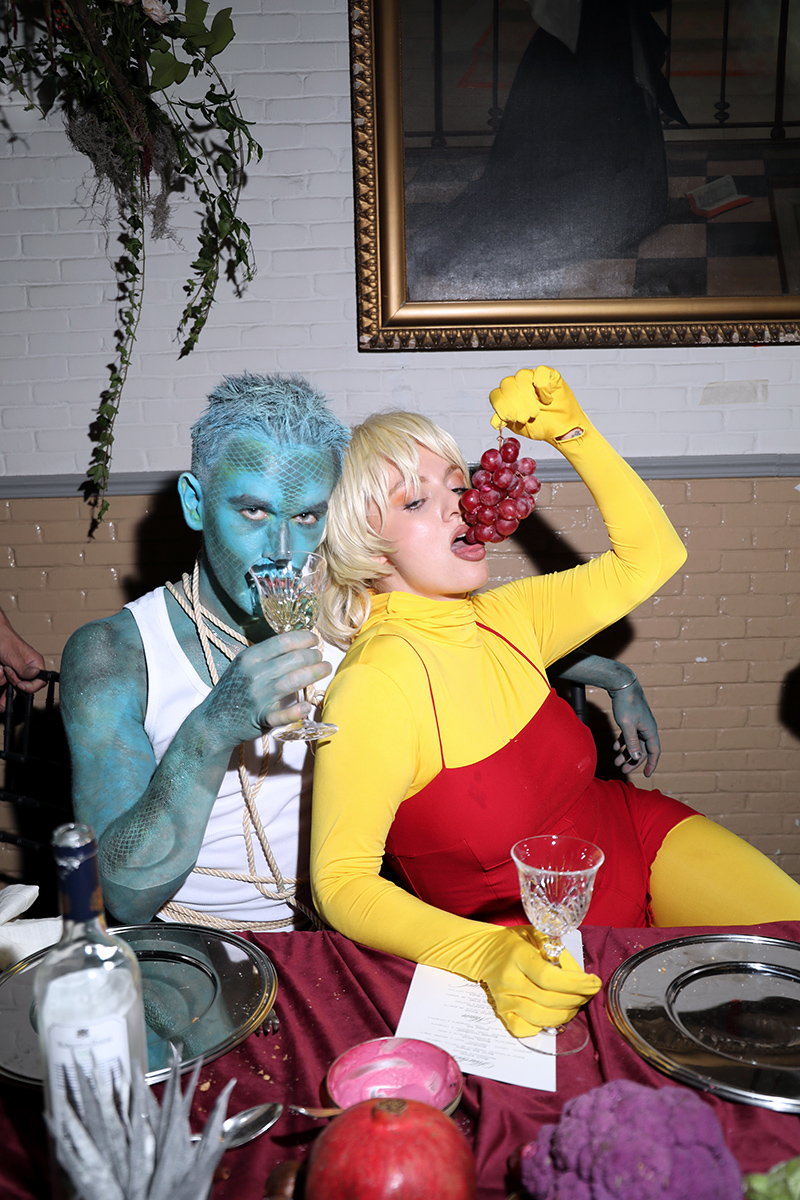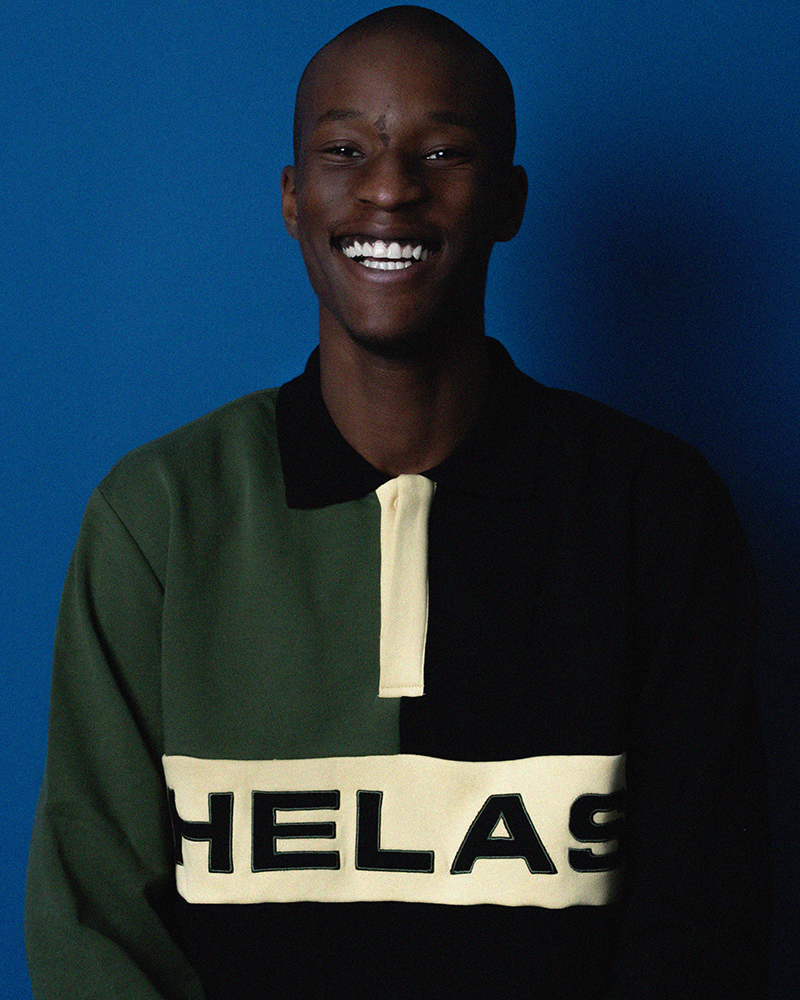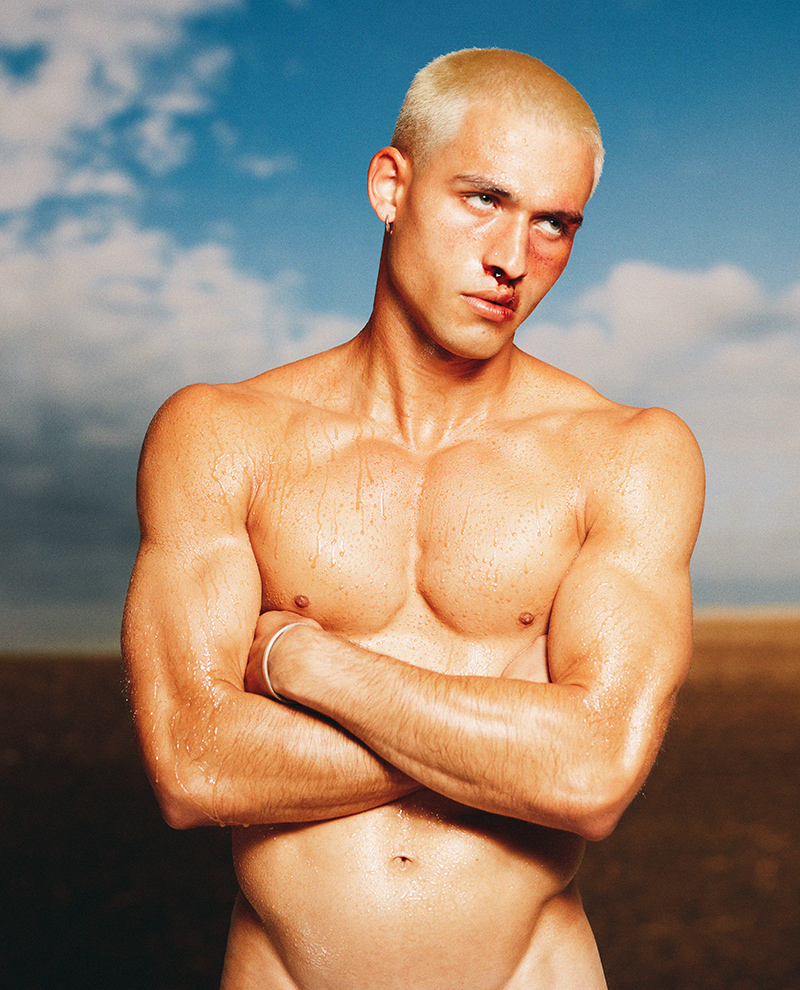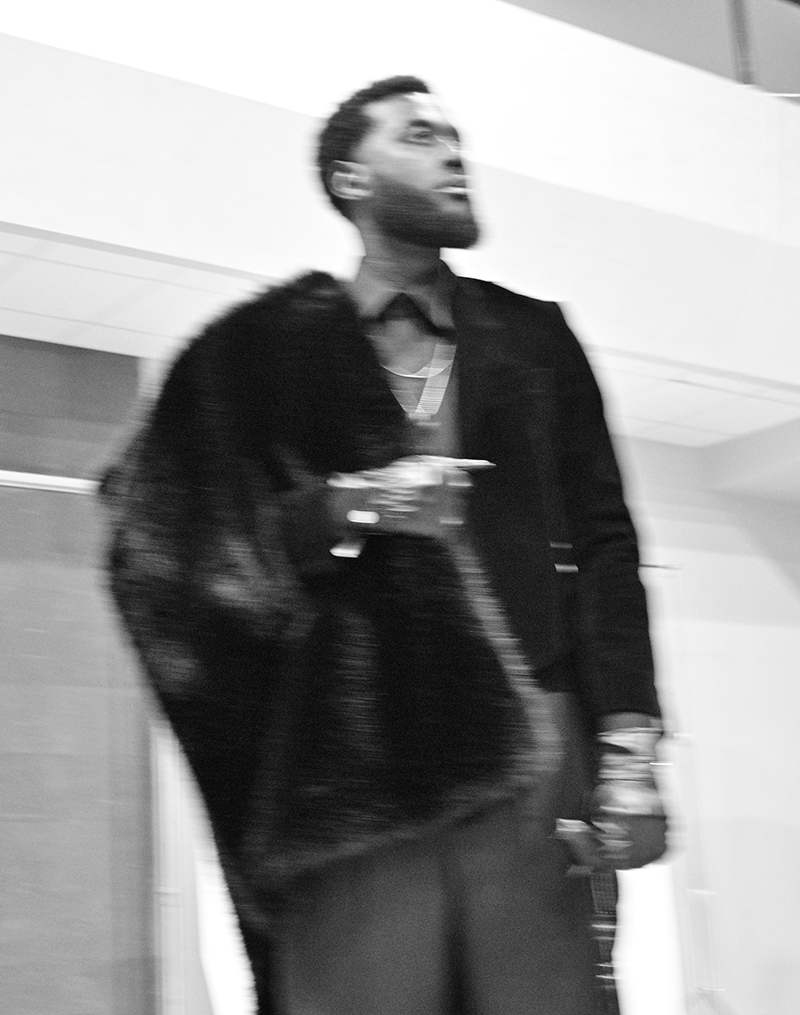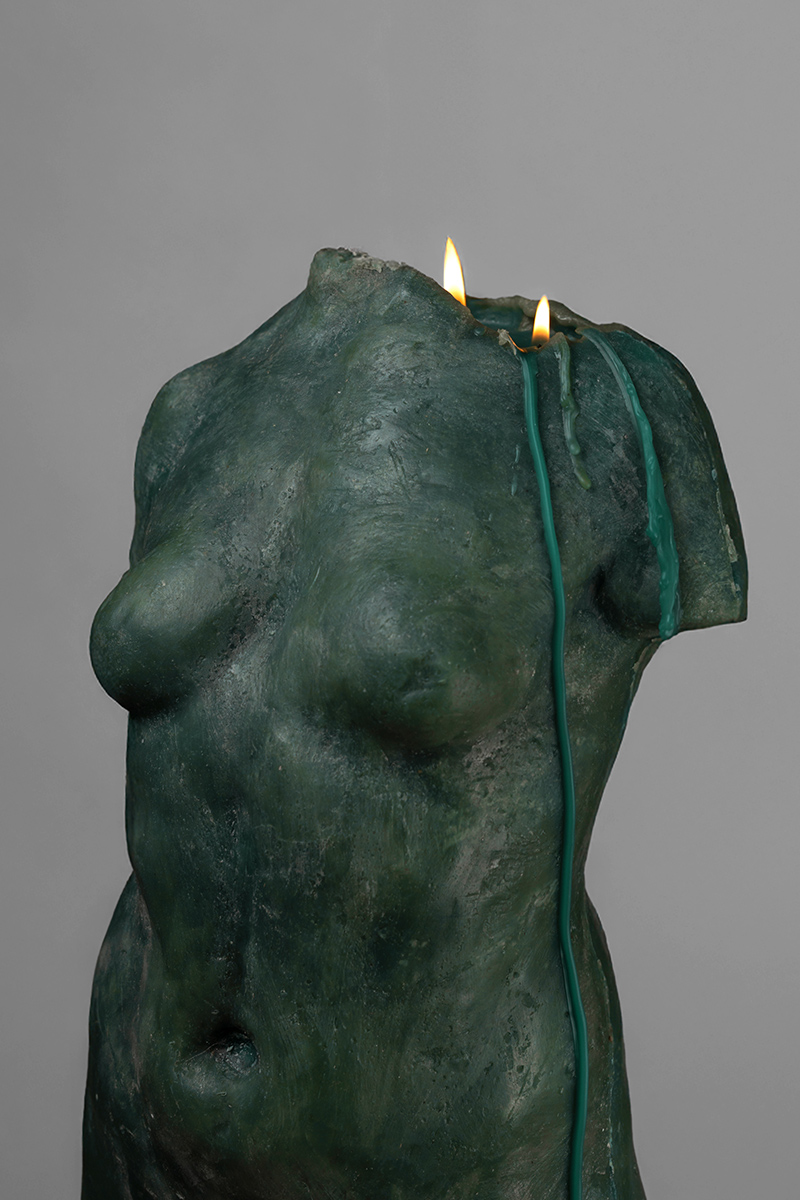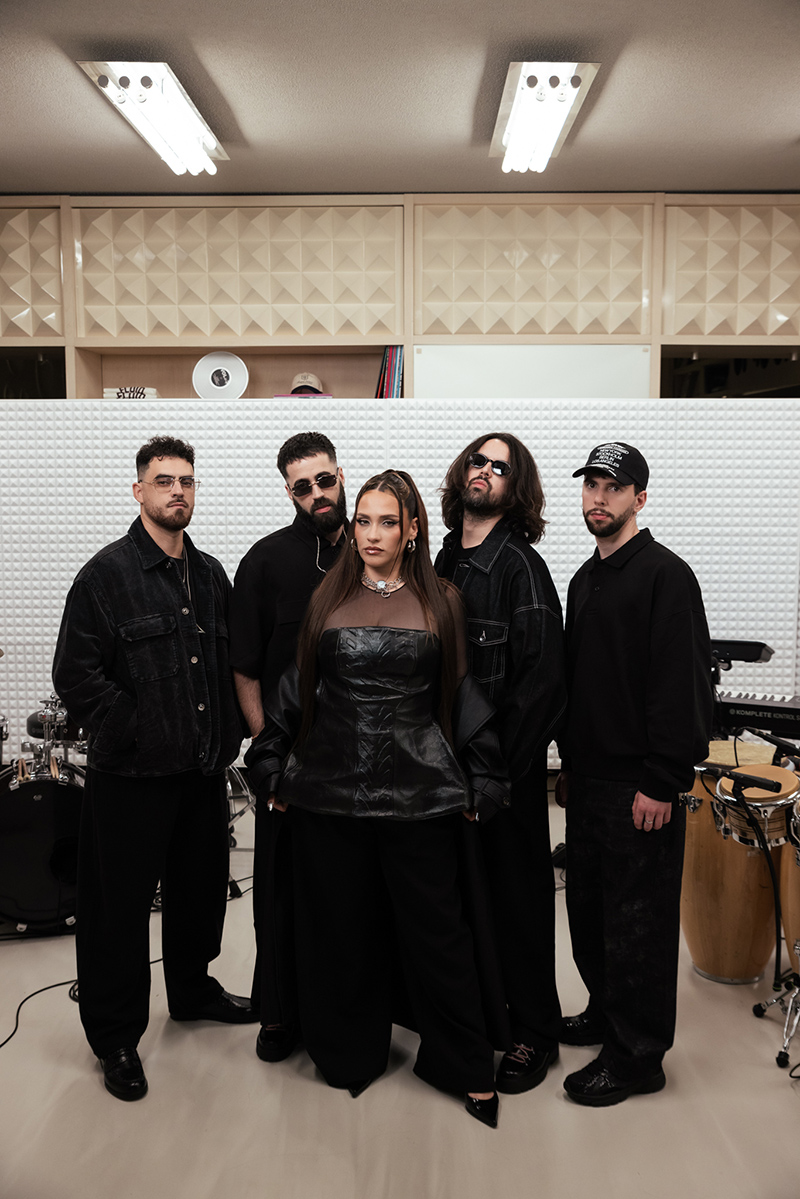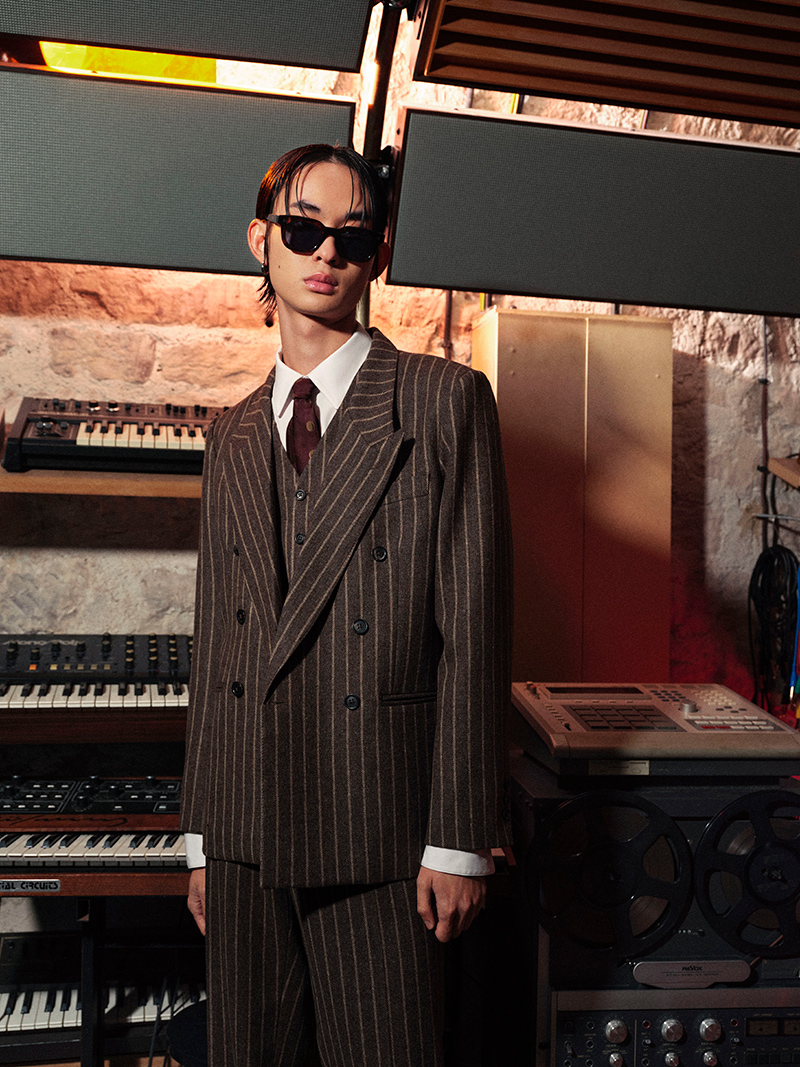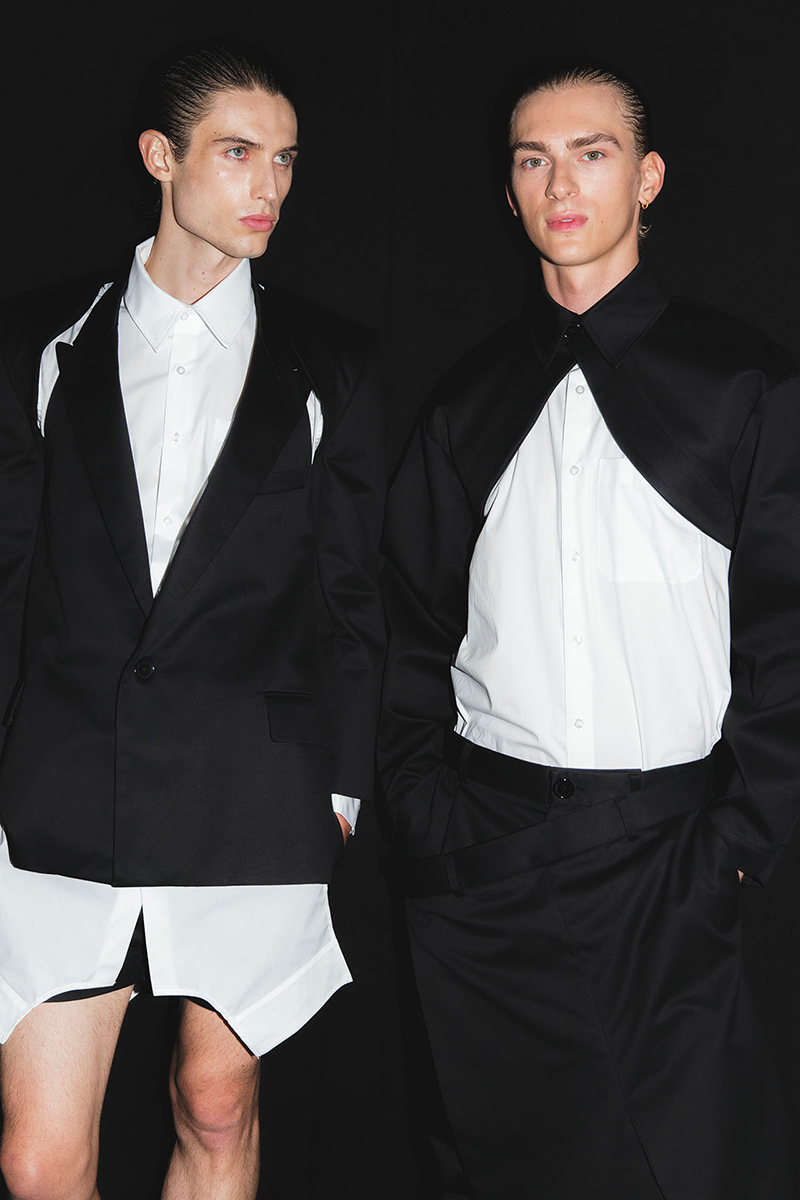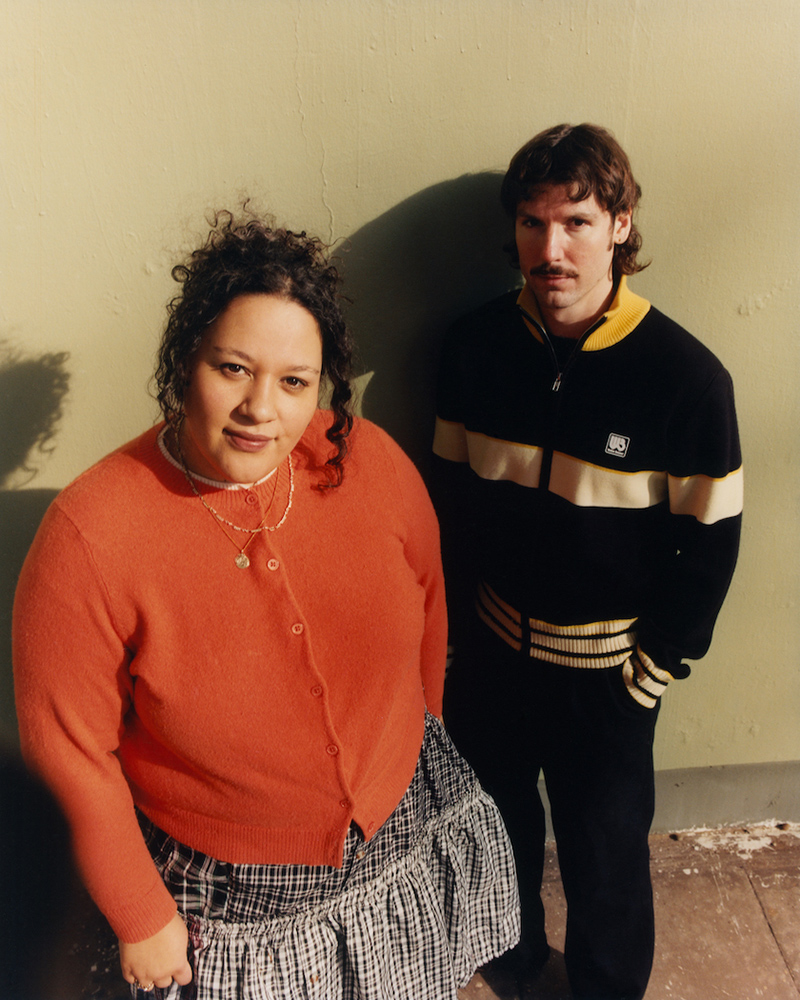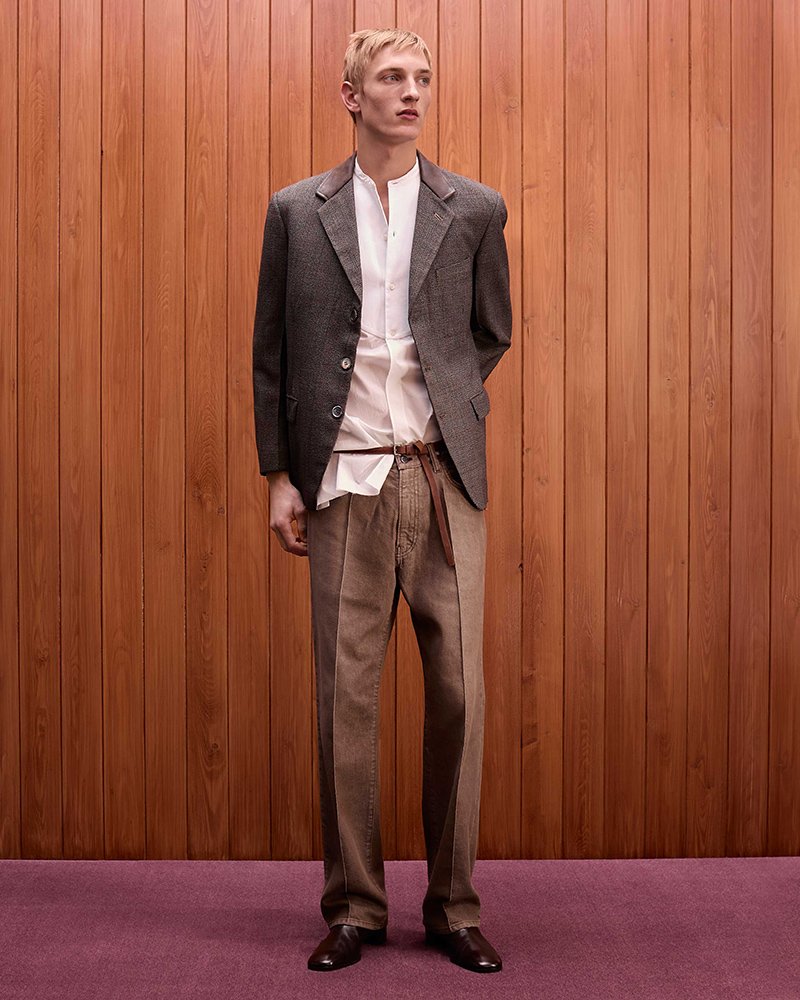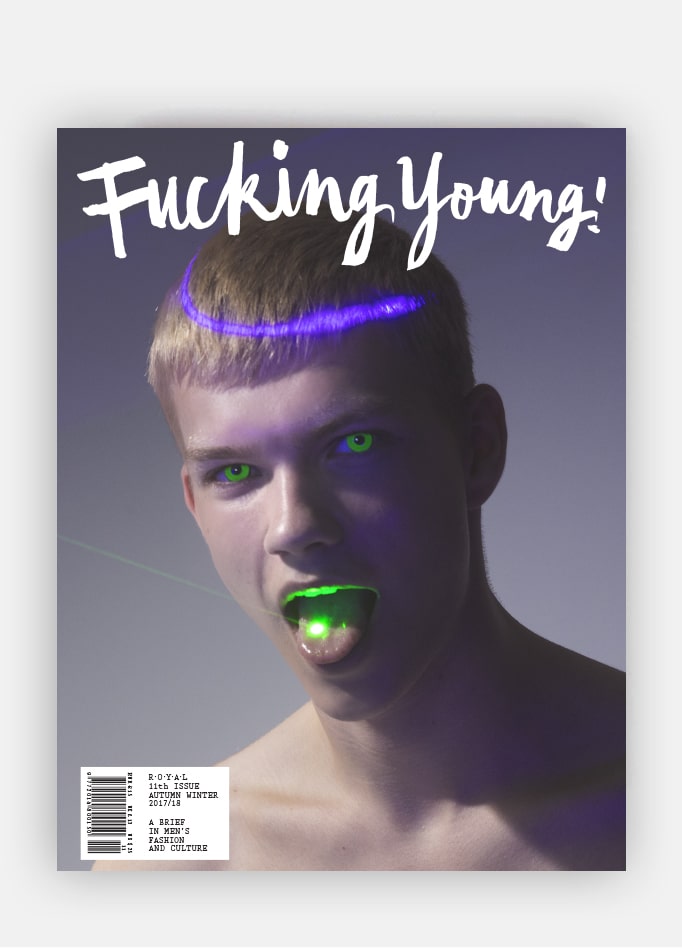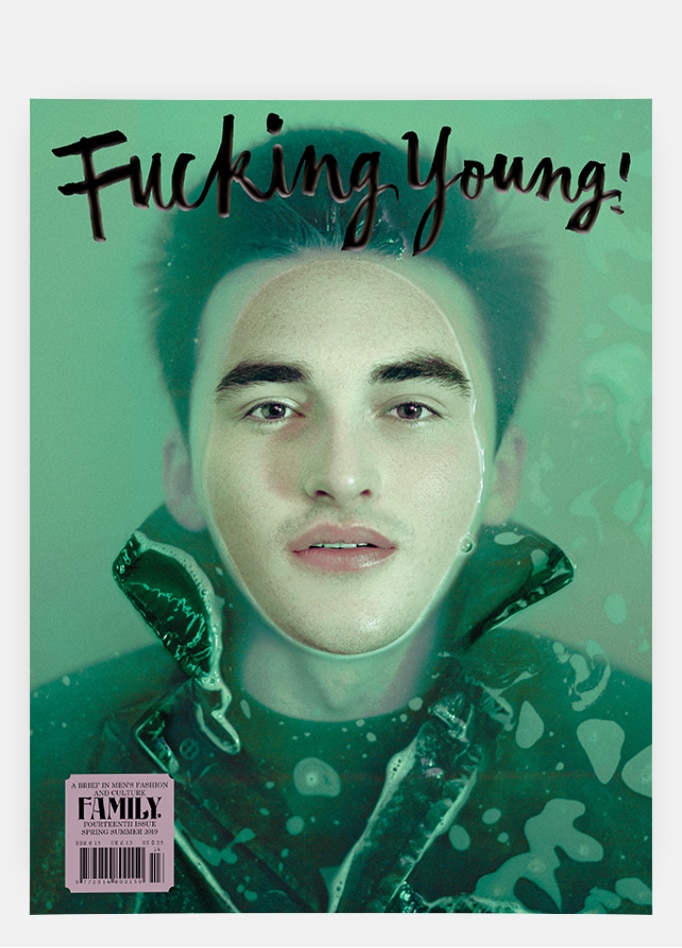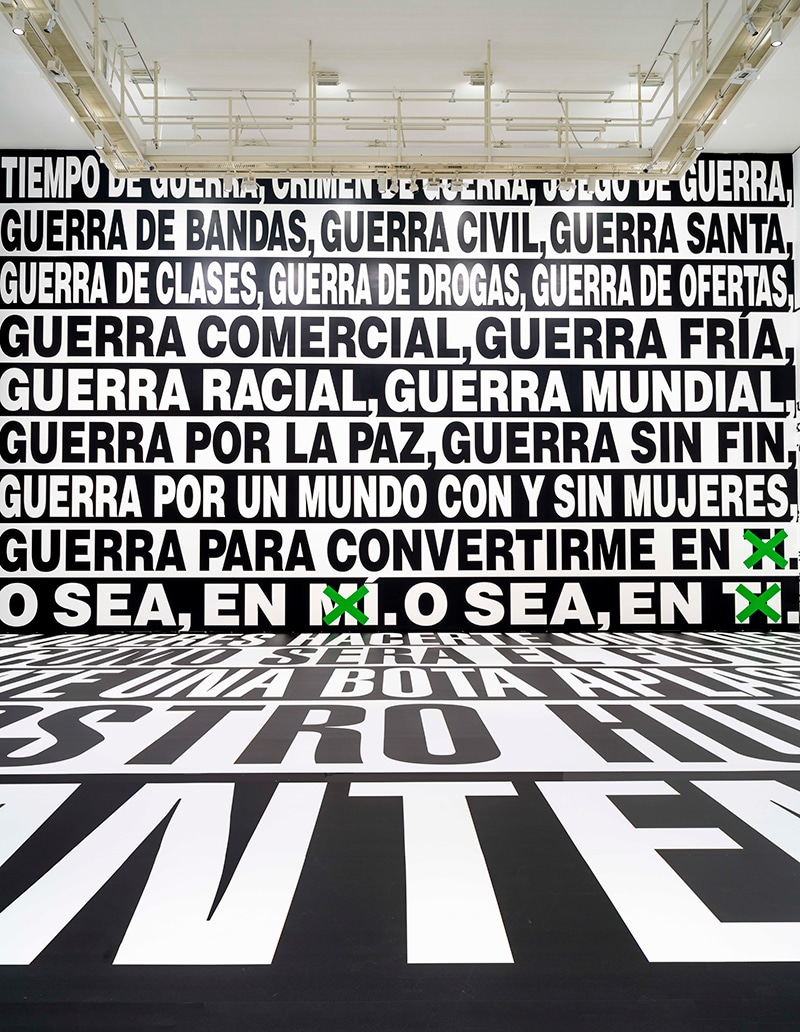
The Guggenheim Museum Bilbao has opened the Barbara Kruger exhibition, Another day. Another night., curated by Lekha Hileman Waitoller and sponsored by Occident. This exhibition expands her audience and influence while pushing the limits of modern art marking her first significant survey in Spain. Bilbao itself makes a great weekend destination, with short flights from London, Paris, Amsterdam, Munich, and more. Still, a visit is never complete without a trip to the iconic Guggenheim Museum Bilbao. Earlier this year, Miren Arzalluz joined as the general director, a familiar name in fashion, having previously held the position of director of Palais Galliera in Paris.
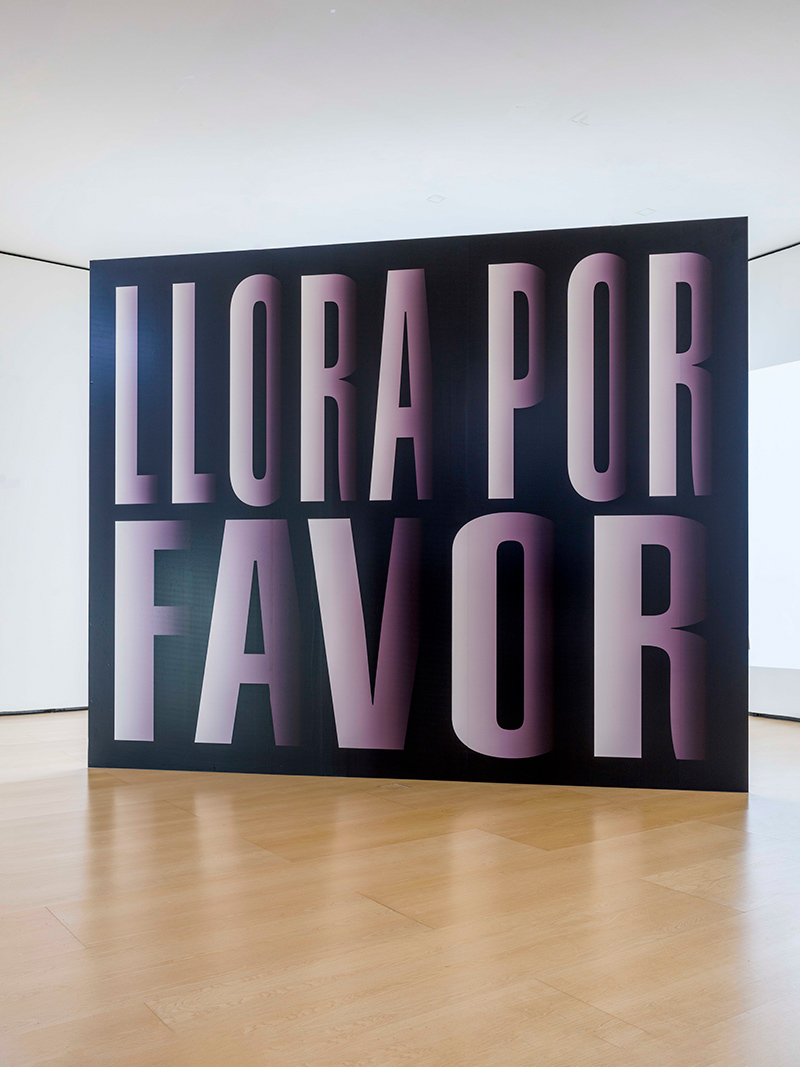
Covering the exhibition as a men’s fashion magazine already lends a different perspective to the one I grew up with, first being if our younger readers know her work, as it is more than quite familiar, and continues to keep redefining our understanding of language, identity, and authority in the visual age. Kruger started her career in the late 1960s as a page designer, picture editor, and graphic designer at magazines such as Mademoiselle where she became no stranger to the manipulation of advertising. Today, advertising might be online pop-ups or sponsored content, creating a collapse of trust, misinformation, and encouragement to buy into a lifestyle with every purchase. Kruger laments the loss of meaning brought about by the consumer society, which prioritizes “having” above “being”, by substituting consumption for thought.
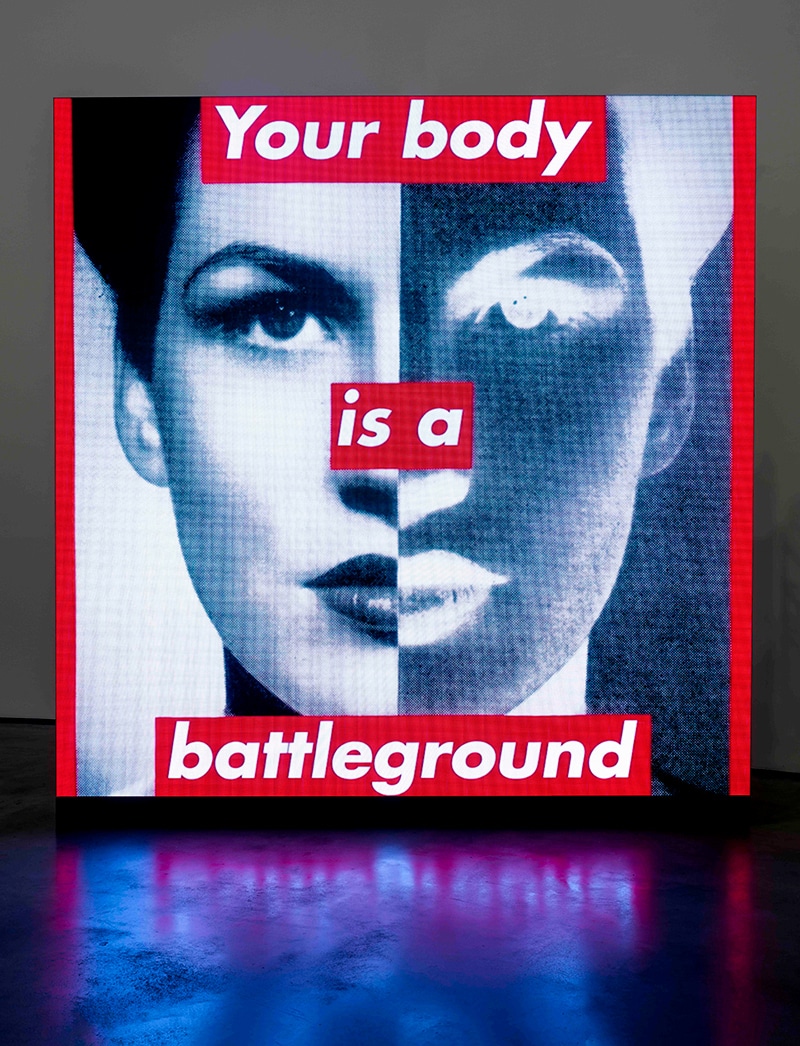
Like good advertising from Coca-Cola to typewriter font MAGA hats, which have created their own legion of trumpbeasts, Kruger’s artwork has an accessible mass appeal, only today critical thinking is a hot debate topic at schools just like the fundamental concepts of art and intellectual property in fashion not to mention self-awareness. Untitled (I shop therefore I am), one of Barbara Kruger’s most famous works, deviates from Descartes’ famous assertion that “I think therefore I am” by showing a hand without a gender carrying a card that says, “I shop therefore I am,” like a business card. Created in 1987, it still holds relevancy today just swap 1980s consumer credit availability today’s with buy now pay later apps like Klarna. Some of the pieces in the exhibition encourage contemporary interpretations, and others openly address issues pertaining to the internet and social media age, only this time around, things are starting to feel more meta.
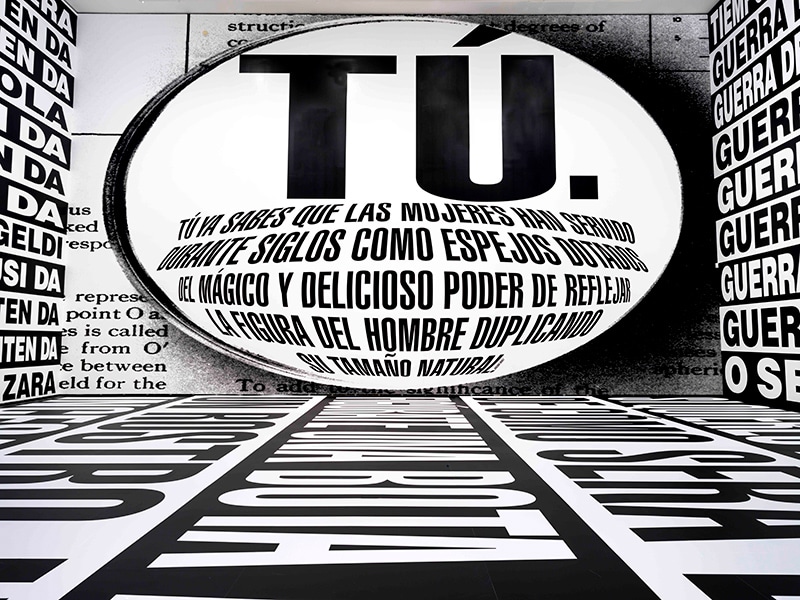
Walking into gallery #205 you are greeted with her iconic Untitled (I shop therefore I am), on a large LED as the center while the perimeter of the gallery has what appears to be new works of hers, pieces that I was unfamiliar with slogans like “Makeup is genderless”, “Everyone is a lil’ gay”, “I’m not your bitch”, and “Are you buying fake Supreme stuff?” making up the vinyl wall. In fact, these are just found imagery, mainly on Google, none of these images are Kruger’s, by making them part of the exhibition she encourages us to reflect on ownership in the digital age. Kruger doesn’t own her bold, oblique Futura white letters (Futura designed by Paul Renner dates back to 1927 similar in spirit to the Bauhaus design style), just like she doesn’t own the imagery she uses in her college work. A wall made up of images of t- shirts with slogans references not just Kruger but conjures up imagery of Supreme. The difference between the two is one bathes in capitalism and materialism, and the other is critical of it. Ironically, in 2011, Supreme’s logo was registered after endless “counterfeits” dating back to when it magically first appeared in 1994.
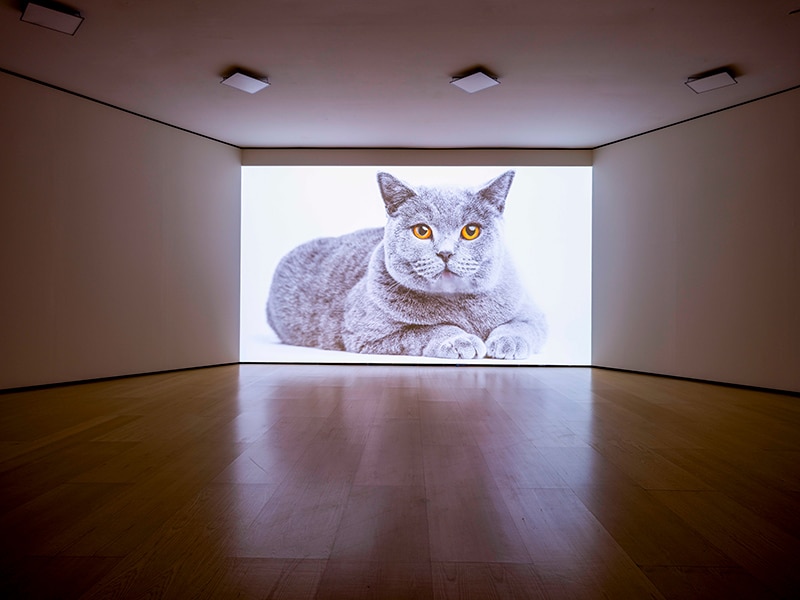
Kruger continues to retain relevancy in her work as her critiques of power structures and especially corruption are relevant in every country especially with us living under the voluntary or involuntary digital surveillance age. Projections like Untitled (No Comment) a video installation made up of a stream of social media posts, ads, and memes create a digital paste-up echoing her earlier works, but with the speed like reels on the phone that an algorithm as chosen for us can be quite confusing, honing in on the distortion of language and information overload that we receive every day that sees the phenomenal rise of brainrot across generations.
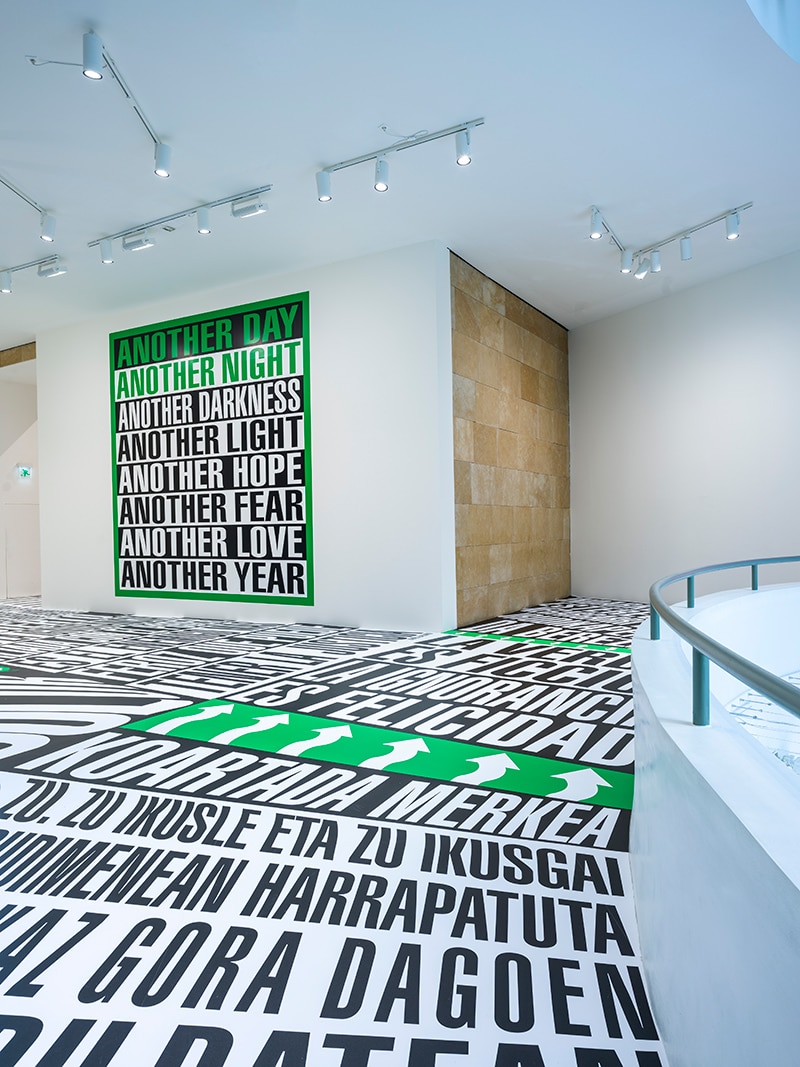
Not only is language addressed throughout the immersive works, including the popular vocal fry of the past decade (I’m speaking of you Kim K.), but she has explored linguistics scenarios for the Basque city of Bilbao through new pieces in Spanish and Basque that act as visual thread throughout the galleries and the central atrium.
“Language is a powerful force, and defines us,’ Kruger stated in the exhibition press release. “It speaks of hierarchies, of adoration and contempt. And it has a very site-specific element to it, in that each place carries its own vernacular and embedded histories.”
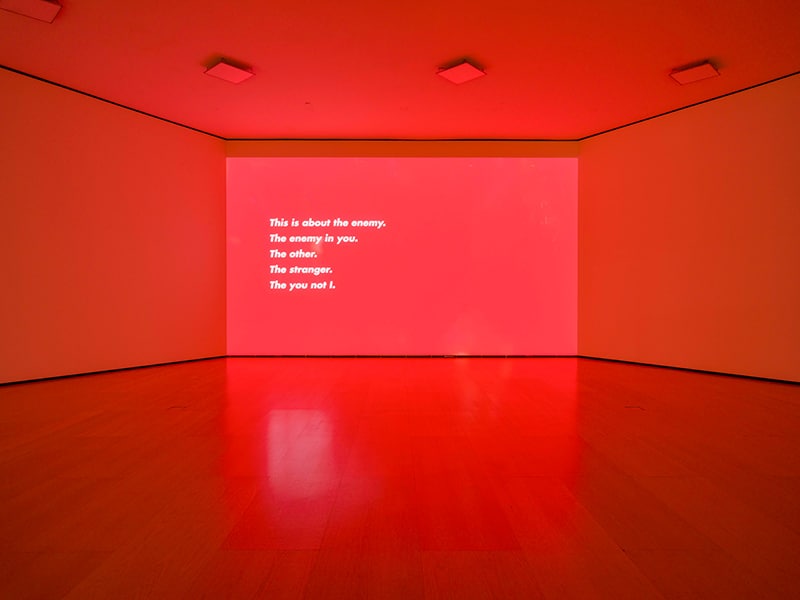
With a career that spans over fifty years, Kruger reminds us that we continue to mistake freedom for choice. With Another day. Another night. not only are works re-addressed and bigger, but the themes of corruption, abusers of power, and the plays on duality referring to the contradictory remarks found in politics and advertising feel more relevant and urgent than ever reminding us that art can be activism but it can also just be something for your socials, the freedom to think is still there if you allow it.
